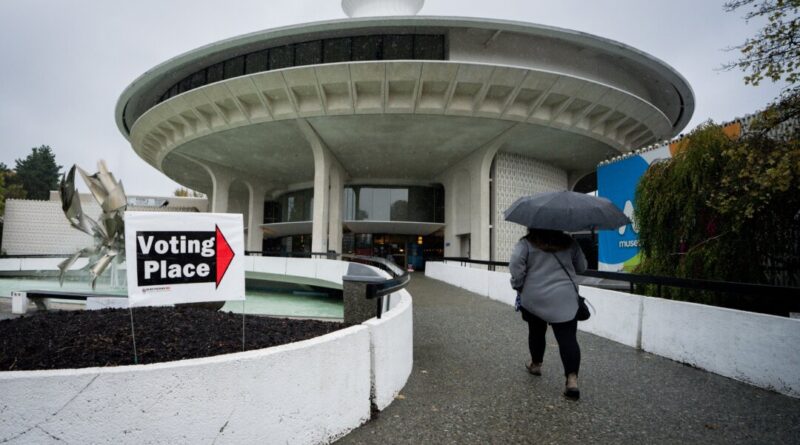BC Election Demonstrates Ethnic Voters are Not Affiliated with One Party
Commentary
On Oct. 19, a nail-biter B.C. election resulted in razor thin margins: 46 seats for the NDP, 45 seats for the Conservatives, and two for the Greens.
This seat breakdown may still change, as 49,000 mail-in and out-of-district votes have yet to be counted. Also up in the air are the results of upcoming recounts, which will take place in two ridings where the B.C. NDP won by fewer than 100 votes.
The election campaign saw its share of negative attacks and digging up past social commentary points and allegations of racism. These attacks were for the most part one-sided, targeting the Conservatives to show them as racist.
Digging up controversial statements has become increasingly common in recent elections. But citizens care about core policy issues, not how someone may have said something by mistake in the past. This was the case among many voters in B.C.’s ethnic minority communities.
Isidorou went on to triumphantly portray the surge in support for the B.C. Conservatives among immigrants as part of a larger political trend: “Conservatives across the Western World need to recognize that immigrants actually share a vision for prosperity and tradition.”
A platform that emphasized the economic well-being of the average citizen while rejecting ideology appealed to large segments of voters of all backgrounds. This coalition included ethnic minorities.
What lesson can be drawn for other political parties in Canada? Mainly, one that parties should already know: Never take any demographic for granted. Communities are not locked down for good; they always have the potential to shift towards a party whose values they align with.
In Canada, it has long been conventional political wisdom that ethnic minorities can only be won over by pandering. Across the country, this has resulted in cynical campaigns characterized by endless photo-ops at cultural events.
This sends the infantilizing message that all a Canadian politician has to do to win over immigrant voters is to visit their place of worship, sample their food, and learn a few phrases in their country of origin’s language.
The truth is that ethnic minority voters—like all voters—are influenced to a significant degree by a party’s policy and vision. Politicians across the country should think less about how many visits they make to the local gurdwara, or how many Chinese restaurants they dine in, and instead seriously consider whether their platform helps ordinary men and women of all backgrounds and rejects the woke ideology pushed by a small minority of progressive activists.
Views expressed in this article are opinions of the author and do not necessarily reflect the views of The Epoch Times.





